Frank Sinatra — ‘It Was a Very Good Year’
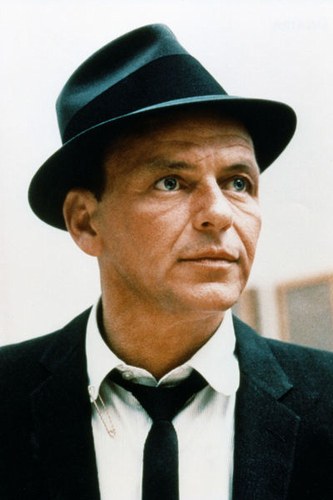 It’s mid-September, the leaves and the pages of the calendar are turning. Here in our little corner of the world it’s the New Year, a time for some sober and somber thoughts about whither we are headed. April may be the cruelest month, but September is hands-down the most reflective one.
It’s mid-September, the leaves and the pages of the calendar are turning. Here in our little corner of the world it’s the New Year, a time for some sober and somber thoughts about whither we are headed. April may be the cruelest month, but September is hands-down the most reflective one.
My wife, my best friend and severest critic, is the first reader of these blogs. She catches my spelling errors, my typos and my incomprehenibilities. She doesn’t care too much for most of my kinds of music, but over these many years she’s learned to put up with it (at reasonable volumes). She often asks me why I can’t ever write about a nice song.
Here goes, Sports Fans – a great nice song about September and life and reflection, Frank Sinatra’s ‘It Was a Very Good Year’.
I’m not going to try to analyze Old Blue Eyes’ career. I have neither the tools nor the inclination. To tell you the truth, I’ve never been a great fan. I’ve always felt he was a very good singer of standards, even an excellent one, but with really nothing of significance to add artistically. Perhaps some of that negative bias is an arrested-adolescent reaction to my mother’s bobby-sox utter flutteration over him.
Sinatra’s contribution to our music can’t be overstated. He took the work of great theater composers of the 1920s, ’30s, and ’40s –Jerome Kern, Irving Berlin, George Gershwin, Cole Porter, and Richard Rodgers – and recreated their songs in the 1950s and ‘60s as The Great American Songbook.
Some of us jazz snobs like to maintain that he’s not a jazz singer, certainly not in the sense that Ella and Louis were. He certainly swung, but improvisation wasn’t part of his musical vocabulary. The jazz singers I most admire praise him without reservation as The Master of breath, phrasing, repertoire and attitude, but that sounds like damningly faint praise if you’re arguing that he’s an artist.
But I’m thinking that maybe I’m letting some old prejudices unfairly color my listening habits over the years. Not that Frankie needs my approbation. But maybe I have been missing some very obvious qualities that trillions of other people have been enjoying since 1939.
I have indeed always been a fan of ‘It Was a Very Good Year’. Yeah, the strings are a bit over the top, but what the heck, it’s September, life is passing by, one wants to indulge in a bit of gooey reflection.
I got very nervous when I saw that the song was written by one Ervin Drake, but a quick check showed that his parents were Max Druckman and Pearl Cohen, so I calmed down. He also penned classics such as ‘Perdido’ (great performances here by Duke Ellington and here by Charlie Parker and Dizzy Gillespie), Frankie Laine’s inspiring ‘I Believe’ (recorded also by both Barbra Streisand and Elvis Presley), and ‘I Wuv A Rabbit’ (you don’t want to miss this video).
In 1961, his agent asked him to write a song for the mega-popular Kingston Trio. He obliged by knocking out overnight ‘It Was a Very Good Year’, here in the original version, the lead sung by Bob Shane. A couple of years later Sinatra heard it on his car radio, and thought it would fit perfectly in the album of melancholy and introspective songs he was assembling at the time.
Here’s a fascinating video of Ervin telling the whole story.
That album, “September of My Years”, thirteen songs on the theme of aging and reflection, won the Grammy in 1965 as Album of the Year. It beat out the soundtracks for “Mary Poppins“, “My Fair Lady“, “Fiddler on the Roof“, “The Sound of Music“ and “Hello, Dolly“ (talk about a bumper crop!) as well as Barbra Streisand’s “People”, The Tijuana Brass’s “Whipped Cream & Other Delights”, Dylan’s “Bringing It All Back Home”, and “Beatles ‘65’, “Hard Day’s Night” and ‘Beatles VI”. The song ‘It Was a Very Good Year’ won the Grammy as Best Male Vocal Performance.
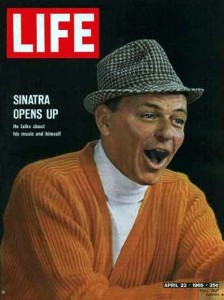 The speaker recalls his life in terms of his loves, at the ages of 17, 21 and 35. Now (at 50, in Sinatra’s case), he remembers it all as sweet and clear vintage wine. I suppose many of us would like to reflect back on our lives in similar terms. The Turtles, Herb Alpert & The Tijuana Brass, William Shatner, Boris Karloff, Michael Jackson, Statler & Waldorf (the two old geezers in the opera box in The Muppets), Robbie Williams (dueting posthumously with Old Blue Eyes), Homer Simpson, Ray Charles with Willie Nelson – they all did so, some reverent, some as parodies.
The speaker recalls his life in terms of his loves, at the ages of 17, 21 and 35. Now (at 50, in Sinatra’s case), he remembers it all as sweet and clear vintage wine. I suppose many of us would like to reflect back on our lives in similar terms. The Turtles, Herb Alpert & The Tijuana Brass, William Shatner, Boris Karloff, Michael Jackson, Statler & Waldorf (the two old geezers in the opera box in The Muppets), Robbie Williams (dueting posthumously with Old Blue Eyes), Homer Simpson, Ray Charles with Willie Nelson – they all did so, some reverent, some as parodies.
I never had a very high opinion of Sinatra as a person. I recently rewatched “The Godfather” (the First), in which ‘they say’ the singer Johnny Fontane (Al Martino) was modeled on Sinatra. If you remember, Johnny’s floundering career was resurrected by a bloody horse’s head (“an offer he can’t refuse”) getting him a major Hollywood role. In 1952, Sinatra’s floundering career was recharged by his performance in “From Here to Eternity”. I wasn’t there personally, so I don’t know how he really got the part.
But there is a fascinating video of Sinatra recording ‘It Was a Very Good Year’ in the studio, under the baton of Gordon Jenkins. Sinatra often hosted a few cronies at his recording sessions, but allowing in cameras was a rarity. The clip is worth watching closely.
I would have expected Sinatra in the studio to be glib, self-satisfied, strutting and vain. The truth is very far from that. He’s all business, deadly serious, and palpably engaged in the very evocative material. Just at the end of the ‘When I was 21’ verse, you see a thought pass across his face, a very serious memory I suppose, and he’s visibly moved by it. He turns to the page, checking the score.
As anyone who’s been on stage knows, there’s no alternative to emotional commitment. You want to convey an emotion, you gotta experience the emotion. It’s gotta be there, on stage, in real time. What’s going on in Frank’s mind seems very, very real to me, thoroughly convincing. He’s thinking about the passage of his life. Every one of us thinks about that in September. Every one of us is mortal, every one of us has one year less left in his life. That’s pretty harrowing.
Then check out his face on ‘When I was 35’ at the beginning and at the end of the third verse. He smiles slyly. It’s not a glib smile, it’s the smile of someone who had a memorable experience years ago and has just relived it in his mind. I don’t know what Frank was doing when he was 35, but it looks like he is viscerally recollecting a very good year indeed.
And then in the final bars, after he’s finished singing, he’s listening to that army of violins conclude the story, he’s visibly moved. It’s over, and boom, “What was the time on that?” He just won my heart, Frank did. 100% passion, 100% technique. 200% artistry.
Sinatra died in 1998 at the age of 82. Gordon Jenkins died in 1984 at the age of 74. In 2015, Ervin Drake made it to 95. That’s a lot of very good years, especially 1965, when their song captured the musical world,
We’d like to take this Septembral opportunity to wish all of you A Very Good Year.
When I was seventeen, it was a very good year.
It was a very good year for small town girls and soft summer nights.
We’d hide from the lights on the village green when I was seventeen.
When I was twenty one, it was a very good year.
It was a very good year for city girls who lived up the stairs,
With all that perfumed hair and it came undone when I was twenty one
Then I was thirty five it was a very good year.
It was a very good year for blue-blooded girls of independent means.
We’d ride in limousines, their chauffeurs would drive when I was thirty five.
But now the days grow short, I’m in the autumn of the year.
And now I think of my life as vintage wine from fine old kegs.
From the brim to the dregs, it poured sweet and clear, it was a very good year.
If you enjoyed this post, you may also like:
009: Barbra Streisand, ‘Lover Come Back to Me’ 065: Ella Fitzgerald, ‘Spring Can Really Hang You Up the Most’ 101: Kurt Elling, “Li’l Darlin’”

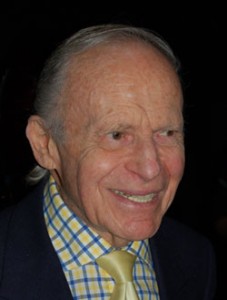

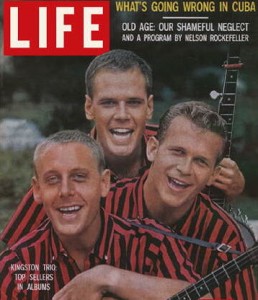
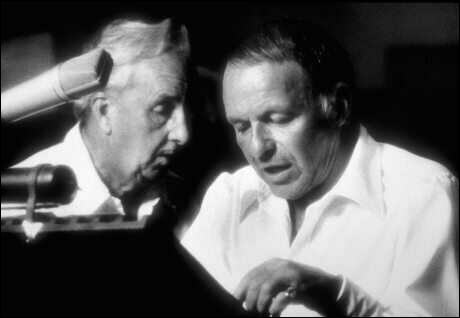
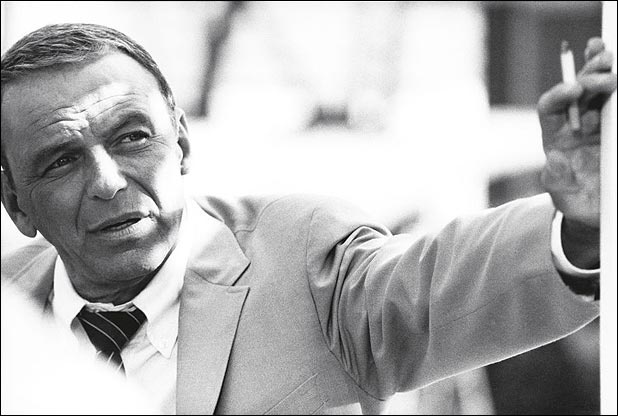
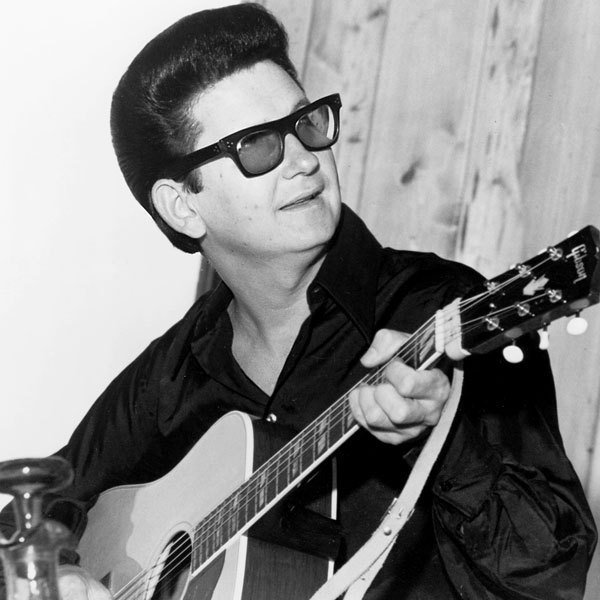

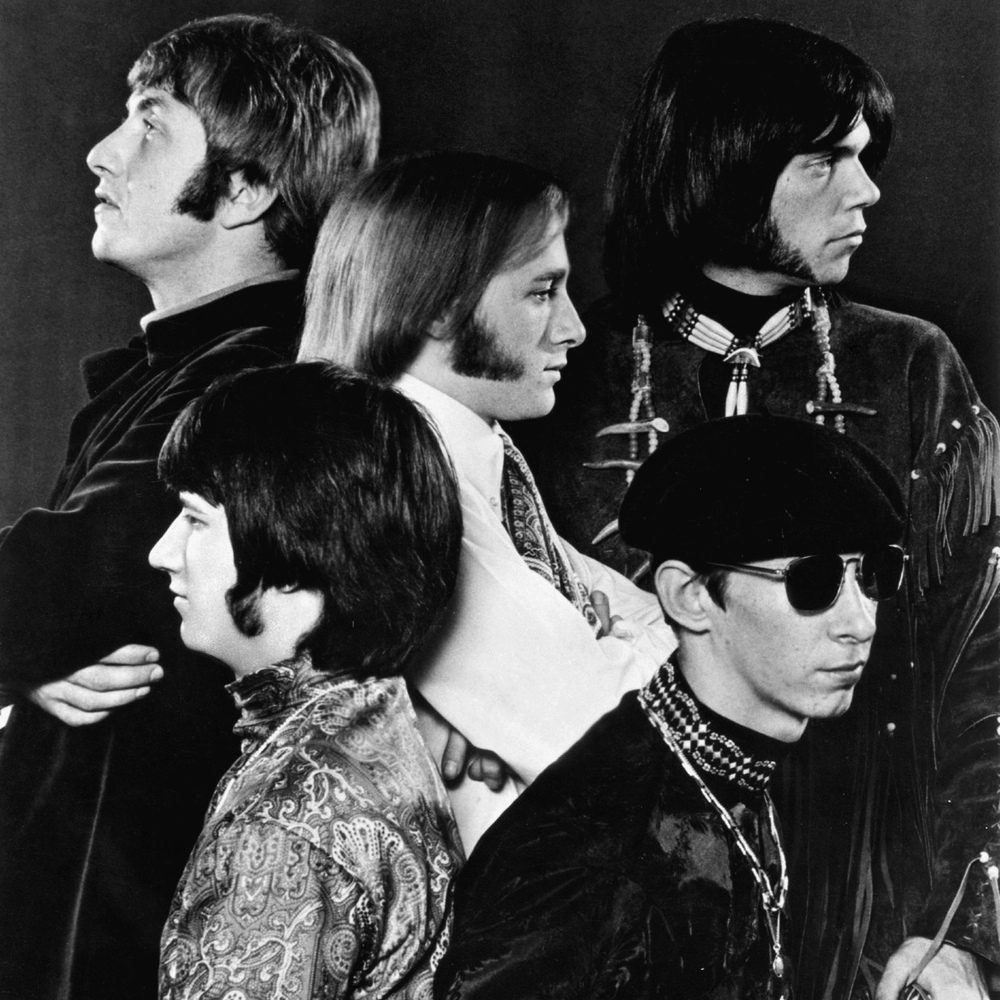
I strongly recommend the 2010 bio by James Kaplan, which takes us from Frankie’s birth to AcadAward night 1955, his life and career irrevocably reversing. He was clearly an obnoxious, egotistical, alcoholic asshole. As hard as he worked to get that way, he worked even more diligently on singing. The way you describe him in the 65 video was his approach from 39. He worked at making that emotional connection in the vast majority of his recordings, and was not satisfied untilo he and the orchestras got it. He could bend words around the beat, knew which to really hit or let go. So he didn’t improvise as Louis or Ella did–he was a different jazz singer. Most, if not all, pop singers since have either been directly or indirectly influenced by him. Some of his songs failed. So have some of Dylan’s. But to listen to him sing is often a wondrous experience, his emotional connections become ours.
I’ve never been to your blog b4. Came via someone who linked to Sinatra’s photo http://bit.ly/QOTLZz – Really enjoyed this. I was an usher when I was 14 and I remember one quiet summer afternoon checking the seats between shows and this song was being piped in as part of the intermission music. I was incredibly bored and desperate to find anything of interest and I was thinking about the song. I knew it and thought it was okay but there just wasn’t enough there for me to be interested in. Surprised to find that it beat Beatles 65 – a great album – but the boomers weren’t the rulers then.
Thank you for writing this, Jeff. It’s alternately hilarious and thought provoking, perfectly timed. I’m a long time reader and love your captions, often sly and winking, but today completely over the top. Shana tova to you and your family.
I was surprised to see that this is the first article I read on your blog 4 years ago. I still associate this song with being an usher. It was the only between show songs that I found somewhat interesting.
But I liked the version of this song you supplied by The Kingston Trio much better than Sinatra’s. It was good. Much better than merely tolerable.
I think your wife missed “incomprehenibilities” and I’m amazed that you have stayed I assume happily married so long even though she doesn’t like your kind of music. Mind you, I have a friend whose main interest is music and none of it popular and his wife has no interest at all.
Although I grew up with Sinatra I noticed that liked his music better after he had died. I also liked the Dylan and Springsteen tributes to him at some Sinatra celebration and I usually hate those celebratory concerts for living people. The ones at the White House are the shame of the allegedly rebellious boomer generation.
Back for the 3rd time and as I was reading the article I was thinking that I had never seen this one before. My thoughts though were pretty much the same. I remembered listening when I was an usher. I thought it was more interesting than the stuff they usually played during the time between shows but not really interesting. I’m listening to The Kingston Trio version right now, however, and like it very much.
I recently took a long sit down with Sinatra’s September of My Years. Another recording about how a life well lived mellows into Autumn. But this one,… I nevier tire of it. There is always something fresh to learn. He sings not from technique but experience. Always the best source of interpretation. It’s sublime.
Hey Jeff, You’re a singer. That makes you capable of really understanding Sinatra’s artistry. Here’s one key to the door: try singing together with Sinatra. You’ll quickly find that you cannot. You will be singing with the beat (most probably); but Frank will be singing “around the beat”. Sometimes before and more often behind the beat. This is what is meant by his incomparable “phrasing”. And this is what gives him the means to put his raw emotions into the song. Think about it. Ella improvises with the melody. This gives her the title of a “Jazz” singer – and you can’t miss it. But Frank has been quietly improvising with the rhythm and you might miss it. But there’s his golden key to being a great Jazz singer, without any be-bop.
The only singer who comes close to Sinatra by this measure is Nat King Cole. Try singing with his TV recording of “when I fall in Love”. But for sharing emotion with the multitudes, no one equals Sinatra.